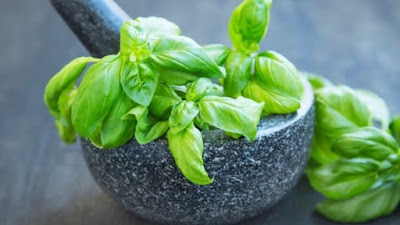How to feed your child a balanced diet – Ajit Patel Goldshield
Children can be fussy eaters, so
it can be tough knowing what to feed them in order to encourage healthy eating
habits and a strong nutritional intake. There are plenty of healthy
snacks for kids which make tasty treats, in addition to being good for them –
it’s simply a case of knowing how to prepare and serve them to make them
appealing to youngsters. Here are some ideas as to how you can keep your
child’s diet healthy,
without them craving sweets and crisps instead.
Space out your snacks
Kids live for those afternoon
treats, but more often than not they result in sugary snacks, crisps and fizzy
drinks which do nothing for their health
and offer no nutritional value. The first rule of thumb should be to limit your
kids snacks to just two a day – one in the morning and one in the afternoon.
You can keep these healthy,
too, simply by being smart about how you serve them. For example, keep a big
bar of chocolate in the cupboard and cut it up into regular squares or chunks,
so that the kids get a sweet treat without eating an entire bar – not only is
it good for their health
but it’s cost effective as well.
Keep an eye on your snacks as well as theirs, so
that you all eat more nutritionally beneficial meals instead of empty calories.
And if they’re still claiming hunger pangs after you think they’ve had enough,
give them a drink –
sometimes thirst can be mistaken for hunger. Water or skimmed milk make
healthier alternatives to fizzy drinks and sugar-laden squash.
Keep an eye on the treats
If you’re busy, quick food fixes
are easy to rely on – however, that can mean that your child ends up eating
junk food, if you’re
opting for ready meals and fatty foods such as nuggets and chips. Look for
healthier alternatives that kids will love and you’ll feel happier about them
eating. Look for foods which count towards their five a day quota, such as
tomato sauces on pasta, soups and vegetable sticks with
houmous.
Be creative
Kids love a bit of creativity, so
why not look for fun names to call meals to encourage them to eat them (and
also request healthier meals in the future!). For example, spaghetti and
meatballs can be shoelaces and footballs; carrot
sticks and broccoli could be fairy wands and little trees. You can also get
them to help make and prepare meals, so that they have fun and feel more
inclined to eat healthy
dishes. The moment your kids start to feel more involved in the process,
they’ll be more tempted to taste their creation and it will encourage healthy
habits. You can also create five a day charts, so that they can keep count of
their fruit and veg intake – if they meet their goal, they get a treat such as
an extra bedtime story.
Replace junk food with healthy
alternatives
If there’s no sweet
treats and crisps in the house, you and your kids will both stop craving them.
Clear out the nuggets, chips and pizzas from the freezer and replace with
vegetables or fruit. You can look for healthy snacks to offer kids too, such as
popcorn, vegetable
crudités and dip, fruit
salads and yoghurt.
You’ll be surprised how quickly kids forget about those sugar cravings once
they have something healthier to snack on – nutritious drinks also count
towards, so why not make tasty smoothies for snack time or offer a milk-based
drink before bedtime for a calcium boost.





